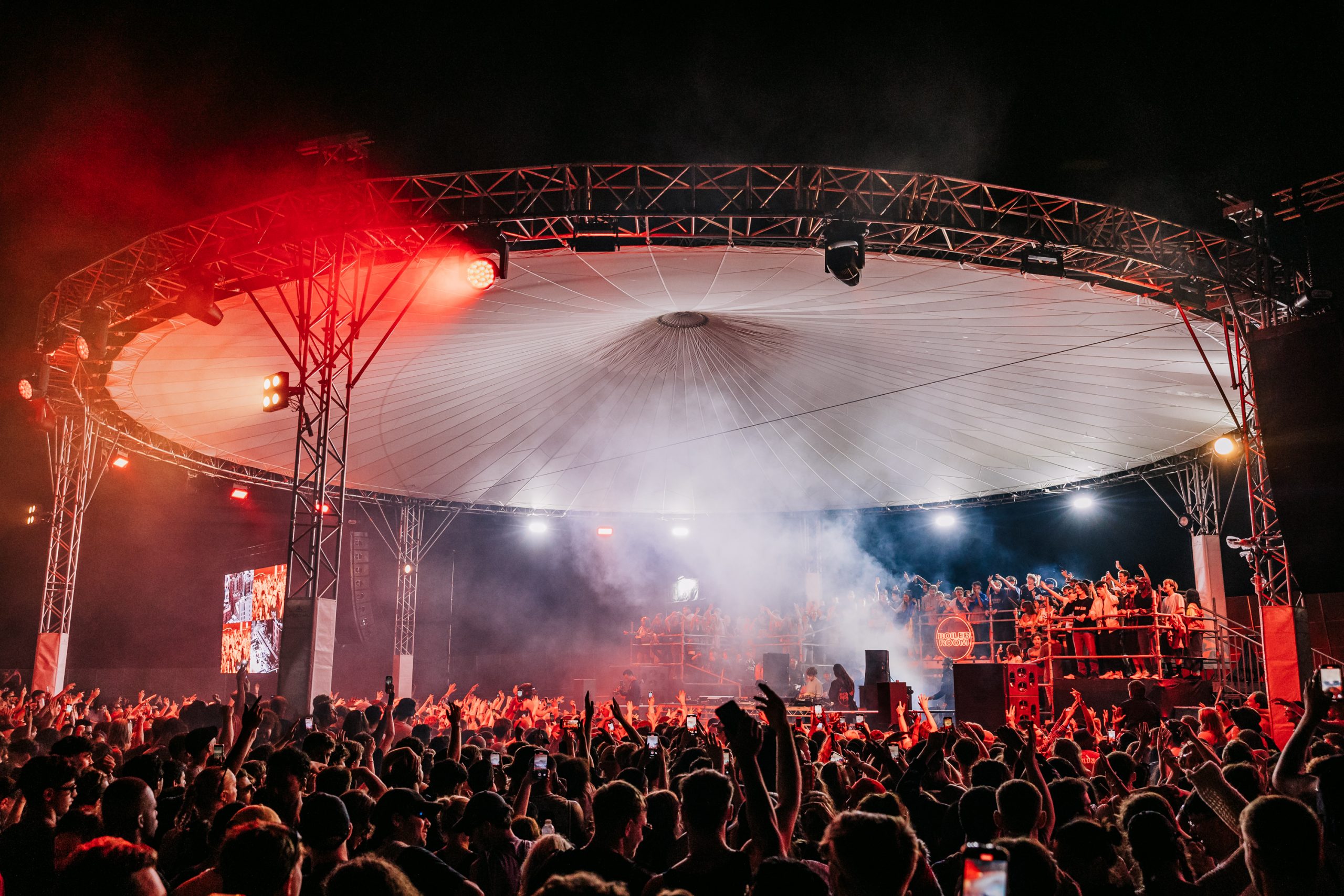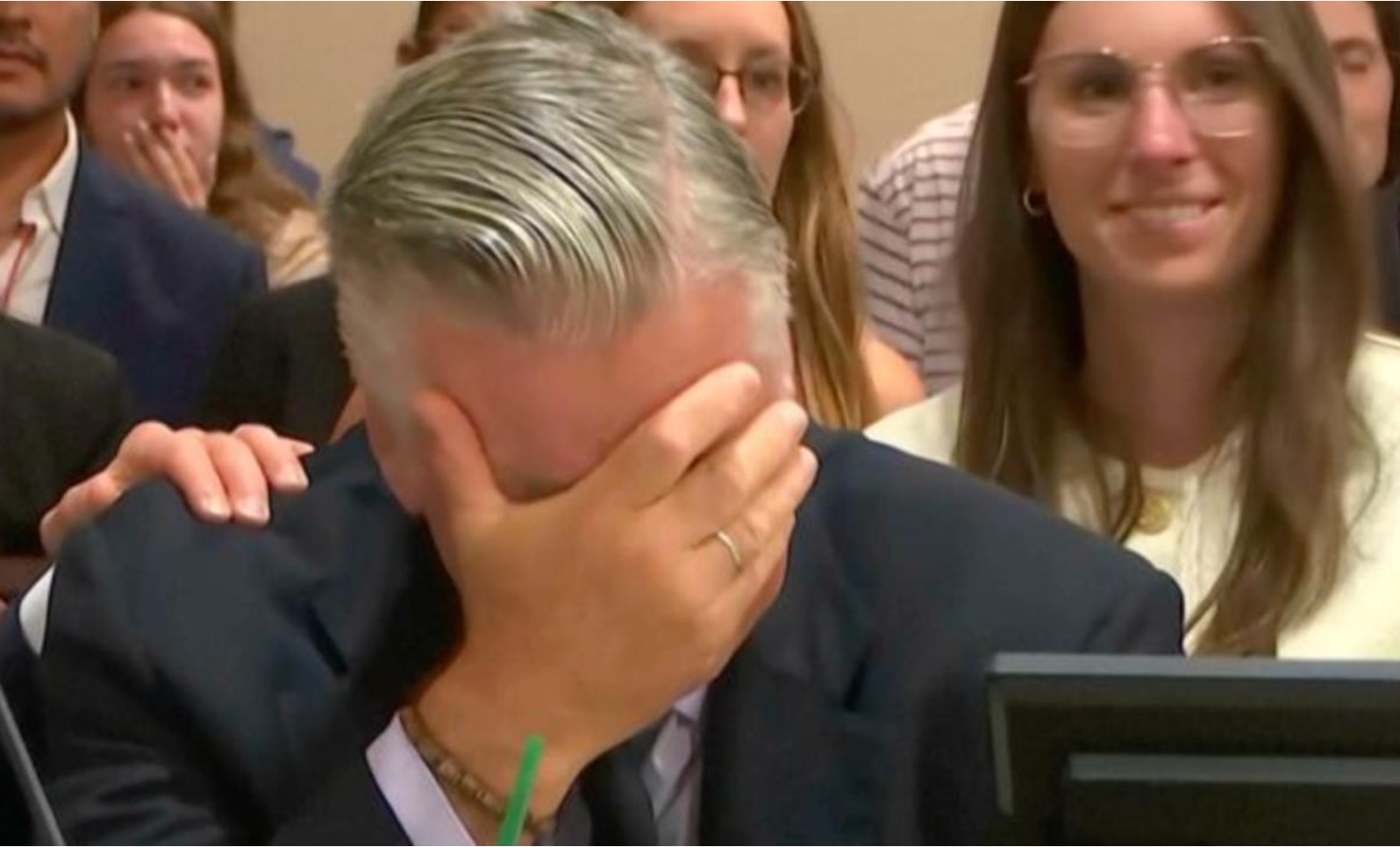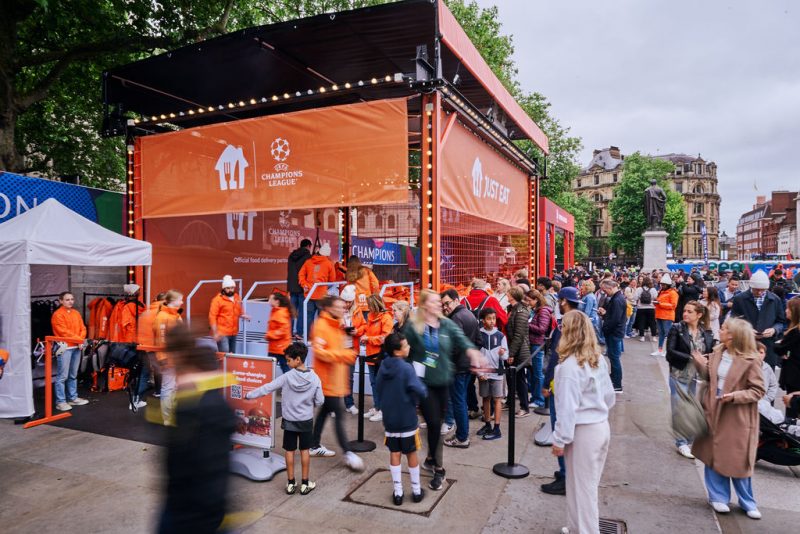Event safety isn’t a luxury, it’s a necessity. Nick Morgan, CEO of event production collective WeGroup, explains why.
by Nick Morgan (WeGroup)
You only have to look at recent headlines to know that safety on set and during events is being compromised. Freddie Flintoff’s “life-altering” Top Gun crash and Alec Baldwin’s prop gun court trial have certainly seen the issue rise to the top of the news agenda on multiple occasions.
While headlines become yesterday’s news, the question still lingers surrounding how seriously film and TV safety is being considered (if it can happen on set with one of Hollywood’s most famous actors, where does that leave the rest of the industry?).
Actor Rory Kinnear, whose father Roy Kinnear died on set after being thrown from a horse in the eighties, argues that 30 years later: “things simply haven’t changed.” And seemingly he’s right – nearly three-quarters of UK film and TV crew feel their safety or that of a colleague has been compromised at work, a survey only last year revealed.
I started working in event production and operations over 25 years ago. For a decade now, our outstanding teams at The Fair, We Are Placemaking and We Are OPS have been delivering large-scale festivals and events across the UK, US and further afield.

WeGroup deliver event production and health & safety services for the likes of Boiler Room, The Columbo Group and RecFest, UK and USA [Image: Boiler Room London at Burgess Park, August 2023]
Though safety regulations in the festival industry have developed in that time, there is still much more to be done across the sector. A tent collapse at Slovakia’s Pohoda Festival left 29 people injured and forced organisers to cancel the entire last day of the event. In the same month, singer Ayres Sasaki died almost instantly after allegedly making contact with a cable at his performance in Brazil.
While the wellbeing of all on set or on site should always be the priority for production agencies, an additional concern in the aftermath of such incidents is who is to blame.
A formal investigation into a serious incident or death on site can be stressful, time consuming and lead to large fines or even imprisonment. Not to mention the reputational damage that can be caused.

Hollywood actor Alec Baldwin breaks down in court after involuntary manslaughter case dismissed [Image: Sky News]
Financial challenges have led many production agencies to slash their external safety teams in recent years – with companies internally producing documentation including risk assessments, fire risk assessments and Event Safety Management Plans. What they do not realise, however, is how much more consequential the financial implications could be without the backing of an external health and safety provider. Many agencies think they can ‘mark their own homework’ by internally reviewing safety, but this could be seen as bias if a claim became litigious.
Using an external, independent agency, however, takes away this concern, as well as the immense responsibility required to reduce litigious claims. A third-party agency will be covered under professional indemnity insurance, should any incidents occur. Certainly, we’ve seen this work, with our OPS team delivering operations and health and safety services for a range of companies delivering complex, large-scale events and activations.
We work with global property developers such as Grosvenor, as well as experiential marketing agencies like TRO and Creation – reassuring their event, marketing and production teams that their safety considerations are front and centre, without becoming a burden for staff who may already have a full plate. Our team acts as an extension of the inhouse team, whilst remaining objective and impartial.
TRO’s Production team noted how: “We Are OPS work seamlessly as an extension of our account and production teams to ensure we deliver practically and safely.”

We Are OPS, WeGroup’s operations & safety agency, works with the likes of TRO to deliver activations for world-leading brands [Image: UEFA’s Champions League Fan Festival in Trafalgar Square, May 2024].
A separate entity can offer assessment without bias or feeling, while seamlessly integrating into your company’s processes as an extension of your production team.
If something goes really wrong, don’t let your company be the headline.




Trackbacks/Pingbacks